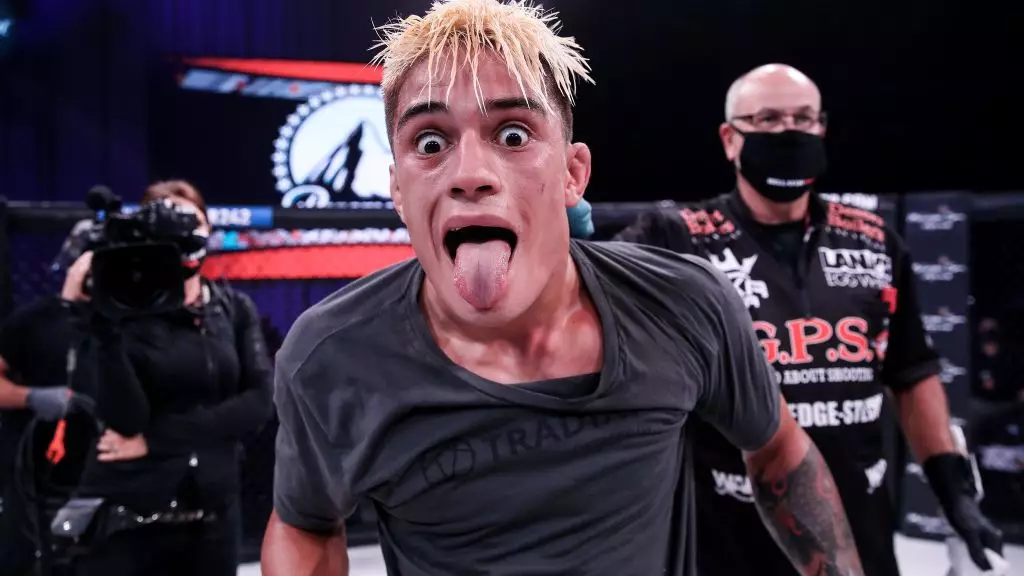In a contentious development within the mixed martial arts (MMA) community, PFL fighter Jay Jay Wilson has faced a three-month suspension imposed by the United States Anti-Doping Agency (USADA). This suspension arises from a protracted investigation that lasted approximately ten months, centering on the issue of a cross-contaminated vape pen. The official documentation from USADA stated that Wilson’s suspension would be considered retroactive to April 1, 2024. Hence, with nearly seven additional months having lapsed since his initial positive drug test, Wilson finds himself in a convoluted position regarding his fighting eligibility.
Wilson’s suspension was triggered by a positive test for metenolone, a substance classified as a performance-enhancing drug. The initial out-of-competition drug test raised serious alarms, necessitating a deeper dive into Wilson’s activities. After further questioning, it emerged that Wilson had used a vape pen shortly after another individual who had ingested metenolone orally. Fortunately, corroborative evidence surfaced, supporting Wilson’s account of the events. The investigation, however, was marred by complications, including a protracted period where USADA sought to establish the scientific basis that could potentially lead to contamination via a shared vape pen.
The fact that it took several months of expert analysis to validate the plausibility of this situation has raised concerns regarding the efficiency and efficacy of current doping regulations in the world of professional sports. This episode underscores the unique challenges athletes face when it comes to understanding substances that can inadvertently jeopardize their careers.
In addition to USADA’s sanctions, Wilson has also been suspended by the Nevada Athletic Commission (NAC). Interestingly, the matter seems to have been settled by the commission, although details are sparse. In a reflection of the unyielding scrutiny athletes endure, Wilson’s case was included in the NAC’s monthly meeting agenda earlier in 2024, yet discussions remain limited. This lack of transparency has implications for both Wilson and the broader MMA community, as it signifies the hurdles fighters must clear to navigate their careers amidst doping controversies.
At just 27 years of age, Wilson has felt the weight of these investigations heavily, especially considering that he has yet to participate in a fight since the acquisition of Bellator by PFL in late 2023. His professional career has mostly been defined by his time with Bellator, where he was gradually cultivated as a promising fighter. The uncertainty about his future within PFL adds another layer of complexity to his circumstances.
Amidst the challenges, Wilson appears to maintain an optimistic outlook. In a recent social media post, he hinted at “exciting news” to come, suggesting that the shadow of uncertainty may soon lift for him. However, as PFL has not yet disclosed its lightweight tournament roster, it remains unclear how soon Wilson can return to the cage.
This incident with Wilson not only highlights the pitfalls associated with drug testing in combat sports but also emphasizes the need for clearer protocols to handle incidents of contamination more effectively. As the world of MMA continues to grow, it’s crucial that organizations address these challenges to ensure fair competition and the integrity of the sport.

